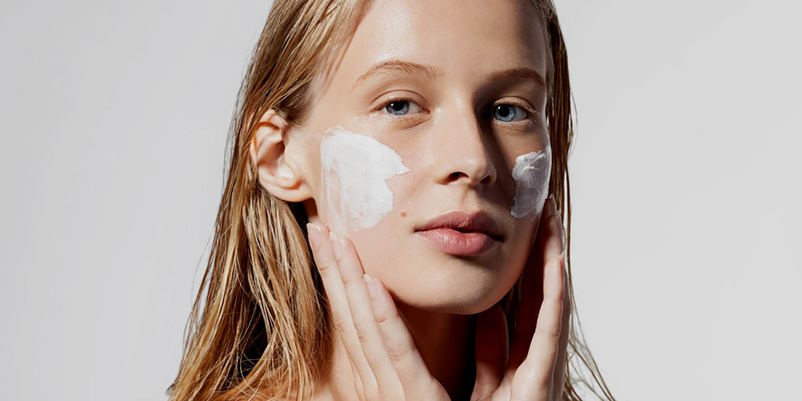Sleeping well is essential for healthy skin, but sometimes you need a little extra help. Enter the night mask, a skincare product that’s becoming increasingly popular.
What is the difference between a night mask and a cream?
A night cream is a moisturizer designed specifically for nighttime use. It contains ingredients that nourish the skin while you sleep, helping to combat the signs of aging and promote a more youthful appearance. Night creams are typically lightweight and easily absorbed, and they can be used every night to provide hydration and nourishment to the skin.
On the other hand, a night mask is a more intensive treatment that is applied to the skin before bedtime and left on overnight. It contains a higher concentration of active ingredients that work to deeply hydrate, brighten, and revitalize the skin. Unlike a cream, a mask is not meant to be absorbed quickly into the skin; instead, it forms a protective barrier that allows the active ingredients to penetrate deeply and work their magic while you sleep.

Another difference between a night mask and cream is their texture. Night creams are usually lightweight and have a thin consistency, making them easy to apply and absorb into the skin. In contrast, night masks have a thicker and dense texture, which can feel slightly heavy on the skin.
Night masks also come in different forms, such as gel, cream, or sheet masks, and they may have different functions. For example, some night masks may focus on brightening and evening out skin tone, while others may target dryness or wrinkles.
How often to use an overnight mask
How often you should use an overnight mask depends on your skin type and the specific product you’re using. Some people may only need a night mask once or twice a week, while others may benefit from it every night. It’s essential to read the instructions and follow the recommended usage for your product.
In general, if you have dry, dull, or mature skin, you may benefit from using a night mask every night. However, if you have oily or acne-prone skin, you may want to use a night mask less frequently, as it could clog your pores and exacerbate breakouts.
In conclusion, a night mask is a great addition to your skincare routine, providing deep hydration and nourishment to the skin while you sleep. It differs from a night cream because it has a higher concentration of active ingredients and forms a protective barrier on the skin. Night masks come in different textures and forms, and how often you should use them depends on your skin type and product. However, using a night mask every night or once a week can help you wake up to glowing, revitalized skin.




